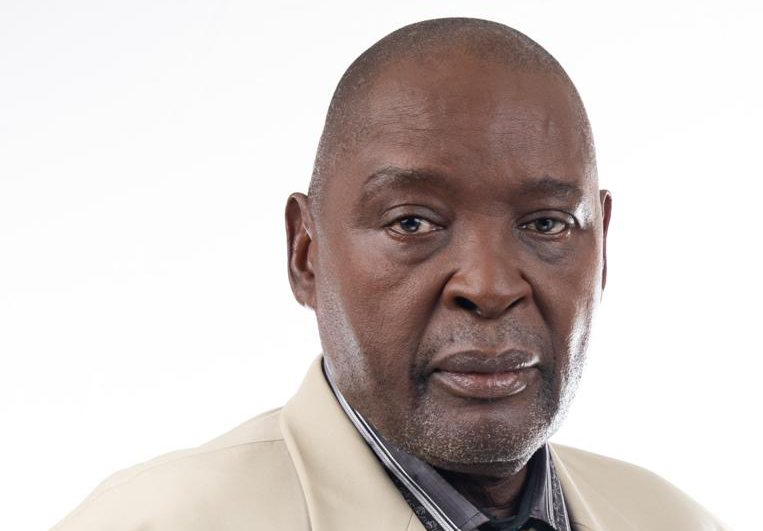Bukalo – After more than four years without a chief, the Masubia tribe has finally witnessed the resolution of a prolonged leadership vacuum through the decisive intervention of the minister of Urban and Rural Development, James Sankwasa.
In a powerful, unscripted address delivered under the historic tree planted by Chief Richard Muhinda Mamili in 1972 at Bukalo khuta, Sankwasa called out misinformation, tribal divisions and political opportunism which have left the Masubia community without a leader for years.
He made the remarks during the inauguration of Masubia Traditional Authority chief Gilbert Muhongo in Bukalo.“Why was the tribe without a chief for four years?” Sankwasa asked, his voice heavy with concern and frustration. “Such a situation disturbs me — not just as a minister, but as someone from this community.”
Appointed by President Netumbo Nandi-Ndaitwah recently, the politician inherited a case which had stagnated under his predecessor for over four years. Upon his appointment, he launched a fact-finding mission to uncover the root causes behind the chieftaincy dispute.
“Too many lies,” he said bluntly. “The investigation reports presented to the ministry revealed the truth, but were ignored — twisted by misinformation from those who want to see this community divided.”
The minister recalled his personal effort to visit the community on 3 April this year, accompanied by ministry staff and a lawyer from the Government Attorney’s office, to establish the truth on the ground. He sent formal notices to all factions, and made it clear he was not there for diplomacy, but for action.
“Diplomacy, they say, is telling someone to go to hell in such a way that they look forward to the trip. I came for practical solutions,” Sankwasa stated, drawing a mixture of laughter and nods from attendees.
His remarks highlighted cultural erosion and the neglect of traditional protocols as key contributors to the dispute. He thus stressed the need to return to ancestral values and respect for customary systems.
“Our great-grandparents used tradition effectively. But we – the so-called modern generation – have come and diluted those values.
Even in Europe, every tribe has a chief, king or queen, because leadership is central to peace, land allocation and dispute resolution”, he stressed.
Refuting specific allegations made during the dispute, Sankwasa addressed rumours claiming that chief-designate Muhongo was handpicked through backroom deals. He rejected claims that the decision had anything to do with the Sikanjabuka area, a historically-sensitive area.
The Sikanjabuka area in the Zambezi region is a focal point of a long-standing tribal dispute between the Masubia and Mafwe people. Both traditional authorities claim jurisdiction over the area, leading to conflict and tensions. The dispute has been a source of contention for years, with incidents like a physical confrontation in 2008 over the construction of a Masubia sub-khuta in the disputed area. Despite efforts to resolve the issue, including the creation of a chiefs’ forum, the conflict persists.
“I come from Sikanjabuka. My great- grandfather, Mulonga Kasuka, is buried there. I don’t negotiate over Sikanjabuka — and defending my ancestral land is not tribalism. If that makes me a tribalist, then so be it. But I will never allow anyone to invade my village, just as you would never allow me to invade yours”, the minister continued.
However, his message was ultimately one of reconciliation and unity. Speaking directly to the new chief-designate, Sankwasa urged inclusive leadership.
“Chief, all Masubias are your children now – whether they loved you or not, whether they supported you or not. Treat them equally. That’s what leadership is.”
Recalling a time when Subia- and Mafwe-speaking people supported and sheltered one another, he appealed to the community to revive the unity of old when traditions were respected, and land was shared with honour.
“Those we call uneducated elders lived together more wisely than we, the educated. Why can’t we follow their example?”, he asked rhetorically



